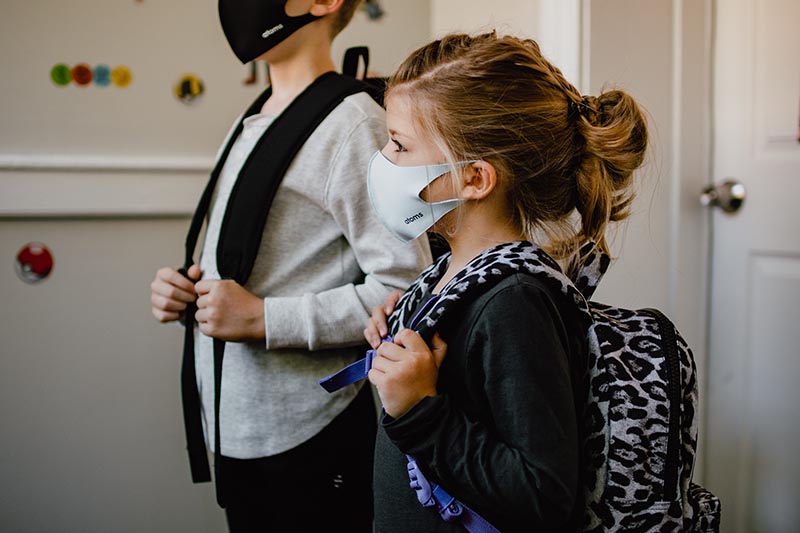It is no surprise that students did not meet academic expectations in the past two turbulent years. However, studies have shown that students' learning loss was more than expected compared to the amount of lost instructional time. Every summer, students lose some level of proficiency in math and reading abilities. But the wide-ranging impacts of the pandemic--such as parental job loss, psychological trauma, and increased domestic abuse--made learning loss more pronounced than usual. For example, the pandemic caused more learning loss for students than Hurricane Katrina did for students evacuating New Orleans. Fortunately, there are ways to overcome these losses.
Learning loss in ideal conditions
In the Netherlands, schools were only closed for 8 weeks. They were able to quickly pivot to online learning with a consistent curriculum and access to technology. However, learning loss still occurred in math, reading, and spelling. On average, the learning loss was about 0.08 standard deviations, or 3 percent, in all subjects. This means that during the 8 weeks of online school, most students achieved little to no gains in reading or math skills. The effects of learning loss were 60% worse for economically disadvantaged households.
How behind are we?
According to a report from the New Jersey Department of Education, anywhere from one-half to one-third of students are behind grade-level expectations. Over 50% of fifth-graders were classified as needing "strong support" in math, and over 40% of fourth-graders need "strong support" in English. The disparities that already existed in education have widened, and minority students are further behind in academic scores than their peers.
Teachers will tell you this has been the hardest year of their careers. About 97% of educators reported seeing learning loss in their students compared to kids in prior years, according to a report from Horace Mann, an educational financial services company. Additionally, 57% of the teachers estimated that students were behind by more than three months. A mountain of evidence proves that online learning was not effective.
What can we do?
Around 34% of teachers said that more paraprofessionals, such as tutors, is the number one way to catch students back up. Others recommended summer school or having students repeat grades. For parents and kids, these options are far less appealing than catching up during school. Tutoring is ranked as one of the most transformational tools available in today's education system, according to a study from Brown University. The effects of tutoring improve abilities in math and reading scores by 0.36 SD on average, which results in at least a letter grade improvement for most students. Overall, tutoring has proven to be one of the best ways to improve students' academic experience.





